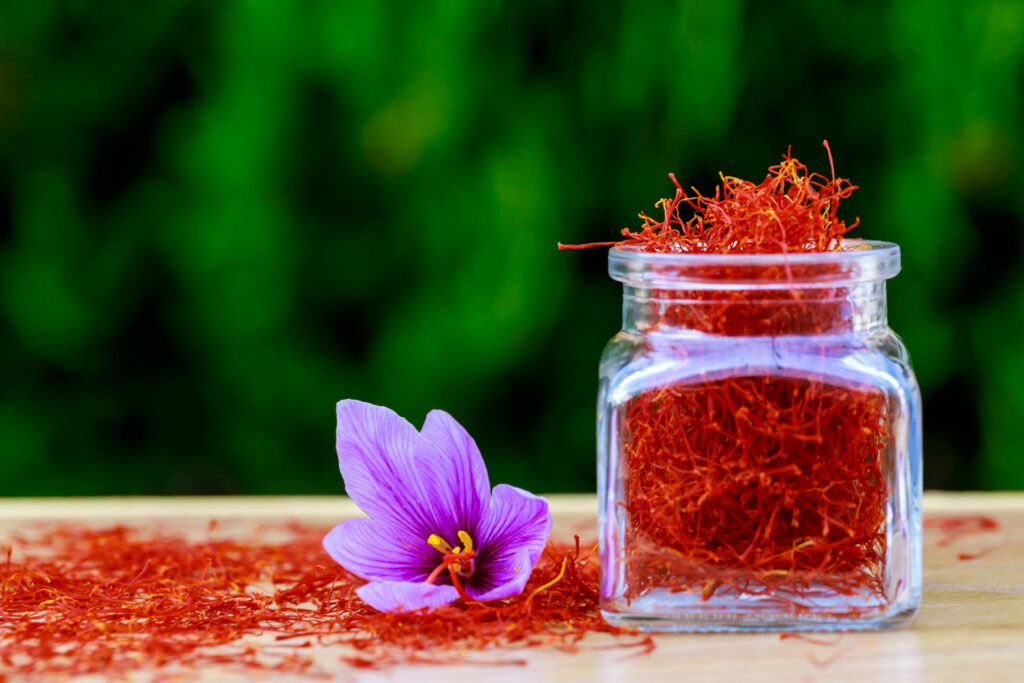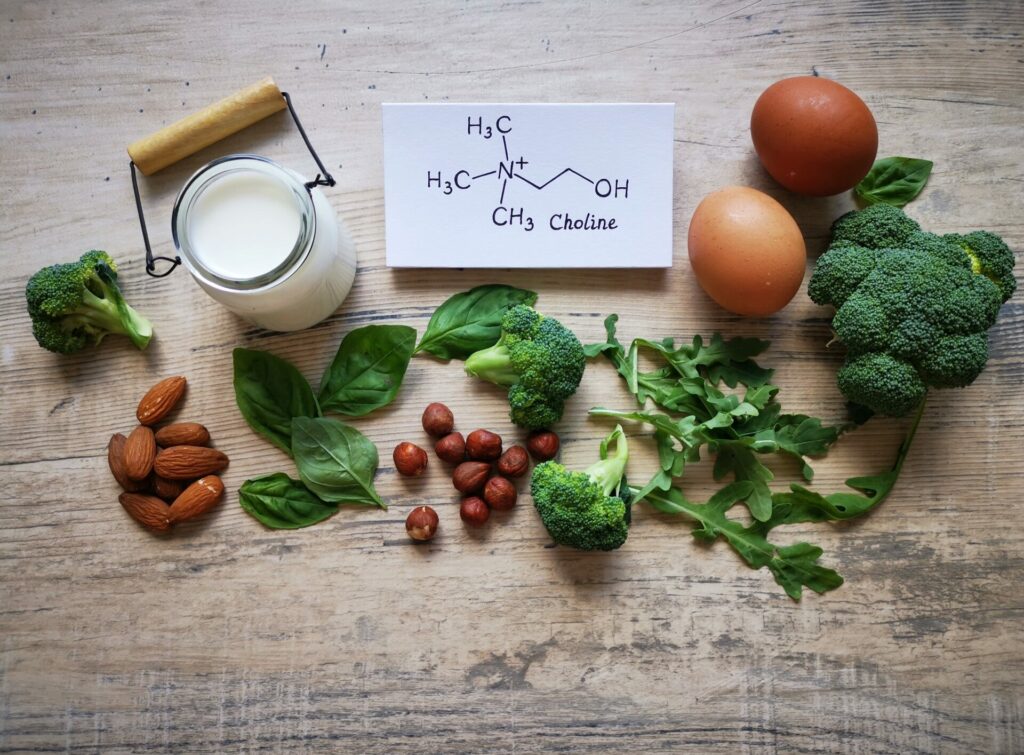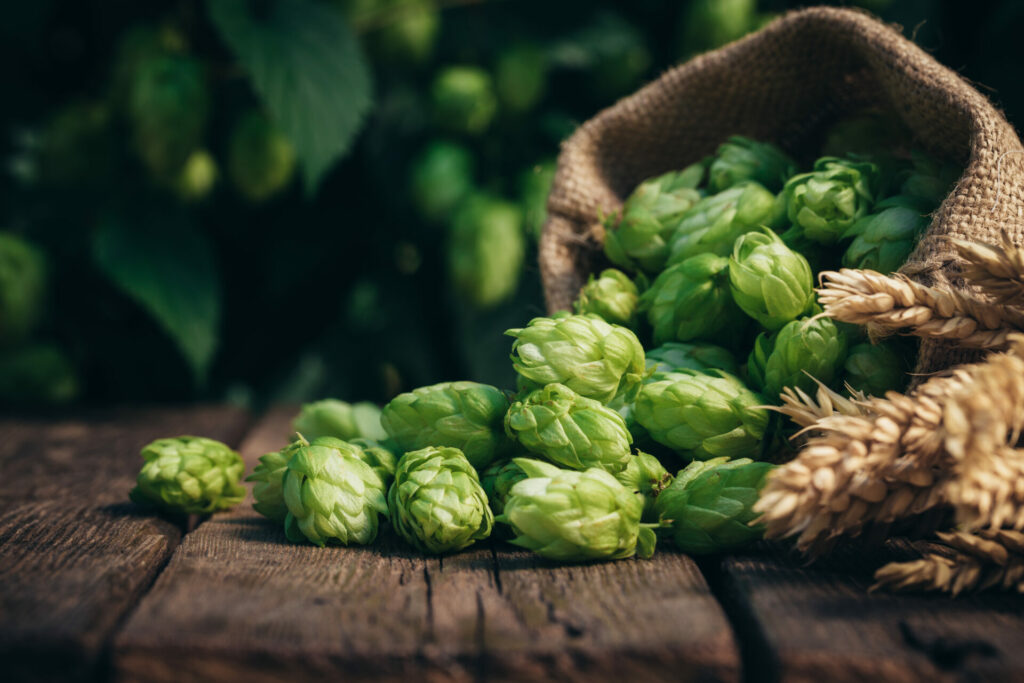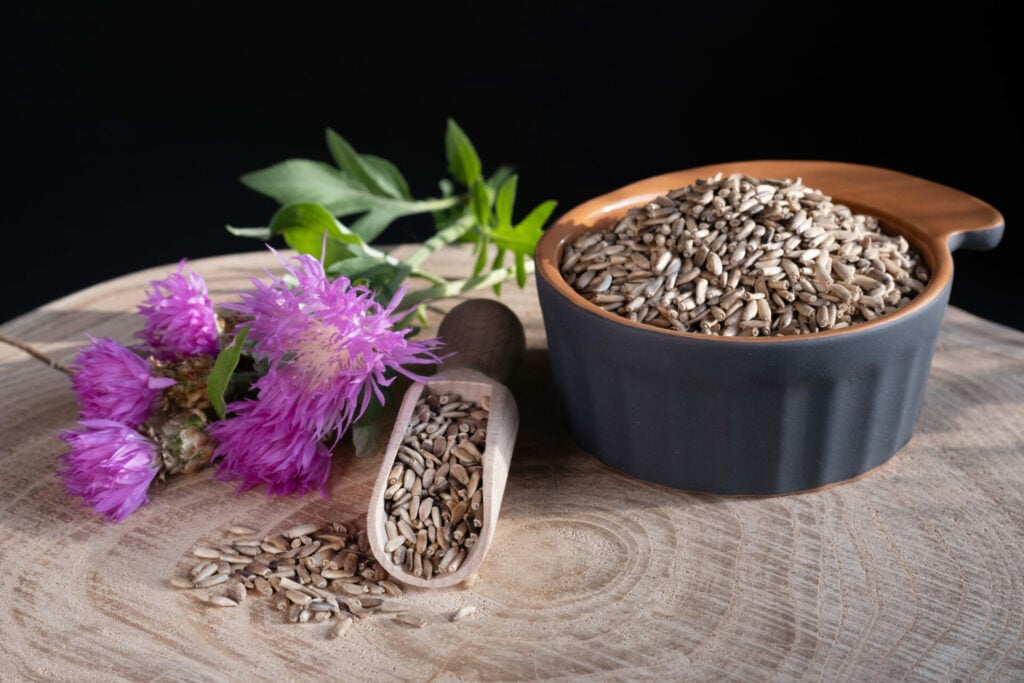It should come as no surprise that menopause supplements are a popular option for many women. Beginning between 45 and 55 years of age, this natural part of aging usually lasts about seven years but can be as long as 14 years. Changes in hormonal levels can cause a variety of unpleasant issues from night sweats to irritability, insomnia to headaches ranging in severity from person to person.
Understandably more than half of women who go through menopause find its symptoms difficult to manage while 10 per cent leave their jobs because of the burden. However, there are a many supplements available that claim to offer you relief.
Click on any well-meaning article about how to use supplements to deal with menopause and you are likely going to find references to a bunch of old faithfuls: black cohosh, red clover, dong quai even. But this is not our mother’s menopause, and we are most definitely not taking our mother’s menopause supplements.
While we are not saying the aforementioned supplements don’t work – research suggests they can help alleviate side effects such as hot flashes and night sweats – but we say there’s no harm in on-boarding new theories to help alleviate unwanted symptoms, as long as you have sought advice from your practitioner.
So if you’re looking for natural ways to adapt to this new stage of your life, we’ve rounded up the next generation of herbs and nutraceuticals aimed at resolving a host of our modern-day menopause issues, including sleep and mood disruptions. As always, what can be found in nature is also powerful, so be sure to consult with your health-care provider before adding anything.
Saffron

Saffron extract was associated with a decrease in depression and anxiety in a small group of perimenopausal women, according to a 2021 study that was published in the Journal of Menopause Medicine. Researchers noted the mood improvements in women who took 14 milligrams of a standardized form of the extract twice daily for 12 weeks. The American company Phenology includes their own proprietary blend of saffron extract in multiple products, for sleep and mood. Sometimes dubbed the “sunshine spice”, there are more than 100 studies on saffron for depression and anxiety. The list of benefits include boosts to cognition, libido, heart health and pain relief.
Choline

One of the most common headlines in recent years from celebrities going through menopause went a little something like this: ‘I thought I had early-onset dementia’. The brain fog that can accompany perimenopause and menopause can be disconcerting. One way to support yourself is by taking choline, an essential nutrient our brain and nervous system needs for a range of functions, including regulating memory and mood. Choline is produced in small amounts in the liver and found in foods including meat, chicken, eggs, and beans.
Alarmingly, a recent study found that 90 percent of people are deficient. Although there are many contributing factors, including choline-deficient diets, many commonly used over-the-counter drugs, including anti-histamines, contribute because they work by blocking choline. That is why they are called anticholinergics. Researchers warning of negative effects on the liver, heart and brain have even gone so far as to call it a “missing piece” in the puzzle of what causes Alzheimer’s disease.
Aside from the ongoing deficiencies most people are experiencing, estrogen is a big driver in our ability to make choline – creating both a double whammy and an opportunity for women going through menopause. This may be why taking estrogen as part of hormone therapy helps the brain, and why taking choline during perimenopause and menopause can too.
Hops

The flowers of the plant that gives beer its bitter flavor contain phytoestrogens, those plant-based compounds that mimic female hormones. Many women take them to help with hormone-related symptoms, including insomnia and hot flashes. While some lab studies have shown hops could inhibit or deactivate drug-metabolizing enzymes in certain forms of medication, recently a study by Oregon State University’s Linus Pauling Institute and College of Pharmacy revealed that’s not likely to be the case. The scientists gave 16 women a cocktail of four different drugs – Xanax, an over-the-counter cough suppressant, a Type-2 diabetes med and caffeine – and ran the test twice, detecting no enzyme inhibition.
Pycnogenol

Pycno-what? Pycnogenol (hard c, soft g) is a standardized antioxidant extract derived from the bark of the maritime pine tree, which grows in the Mediterranean and many women swear by for reducing hot flashes. But that’s not the only benefit: there have been hundreds of randomized controlled trials in animals and humans looking at how this extract impacts everything from blood sugar, blood flow and artery composition to traumatic brain injury.
A 2019 meta-analysis indicated Pycnogenol has a role in preventing cardiometabolic disease; that same year another meta-analysis explored how it can improve cognitive function. It’s even been looked at specifically in relation to perimenopause: in a small Italian study conducted in 2017 among 35 women and a control group, 100mg of Pycnogenol per day for eight weeks not only improved quality of life, but normalized fasting glucose levels and several cardiovascular risk factors.
Milk thistle

A study conducted at Babol University of Medical Sciences in Iran, published in the journal Phytotherapy Research, found that taking 400 mcg per day of milk thistle, also known as silybum marianum, led to fewer and less severe hot flashes. The randomized, double-blind, placebo-controlled trial was small – just 80 women – but those who took milk thistle experienced a reduction in hot flashes from 4.3 to 1.3 per day.
Milk thistle has been primarily studied for liver-supporting properties, but researchers believe that one of its active components – silibinin – may also have what is called an agonist response on estrogen receptors. That is, when silibinin hits an estrogen receptor dormant due to a drop in estrogen, it may initiate its intended physiological response.
Melatonin
A 2020 study published in the medical journal BMC Women’s Health found that supplementing with melatonin is effective at reducing one of the lesser-known menopause symptoms: dyspeptic syndrome, or recurring indigestion. This symptom is caused by a drop in estrogen levels, which inhibits our ability to produce hydrochloric acid and pepsin and boosts our secretion of mucus and bicarbonates. And previous research indicated that it may be the combination of estrogen and melatonin reduction that sparks dyspeptic issues. Among other positive effects, melatonin also acts as both a relaxing and pain-reducing agent, and it helps a lot of people sleep.
Ann Marie McQueen is a health and wellness journalist and founder of Hotflash inc, a podcasting/newsletter/social media-based platform that provides a broad spectrum of evidence, experience and expert-backed information, entertainment and inspiration about the midlife experience.













